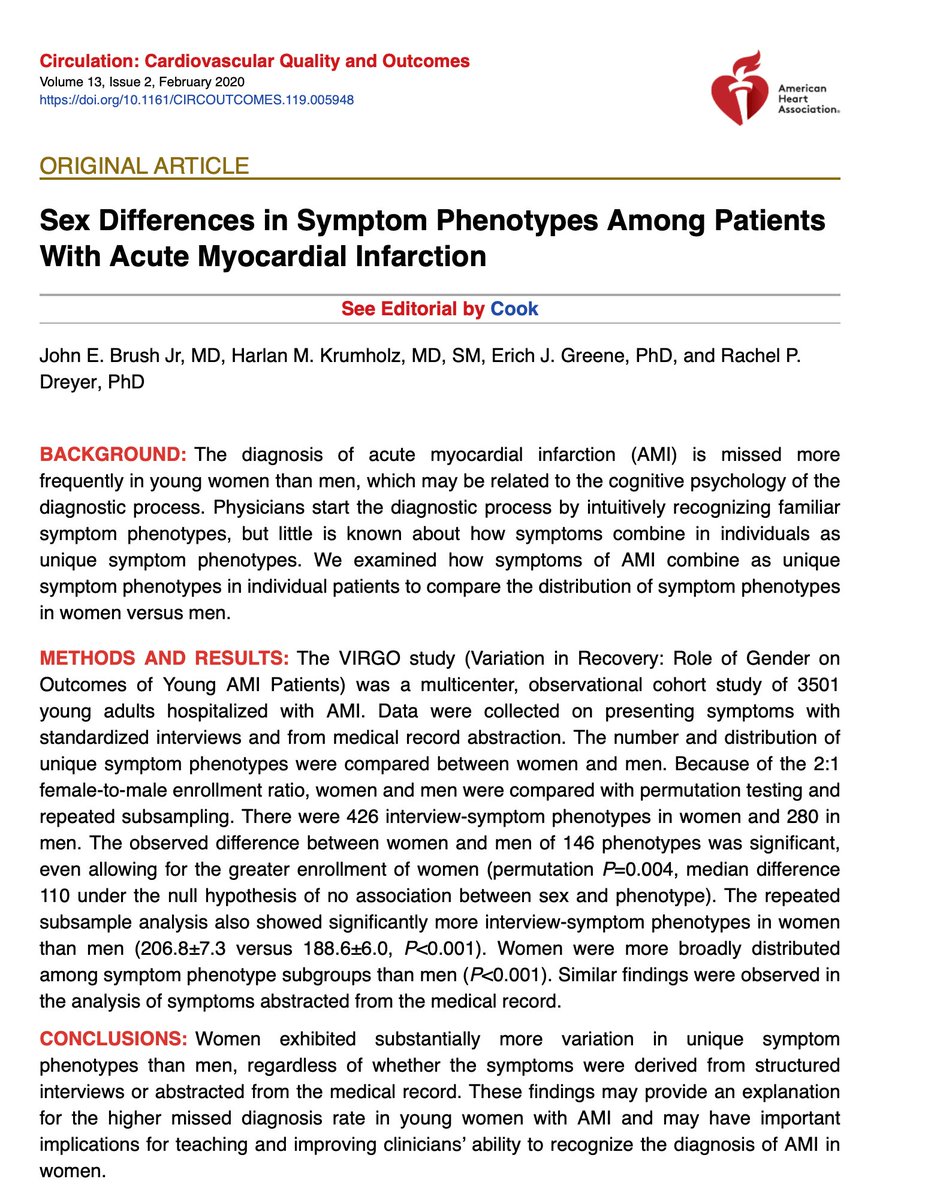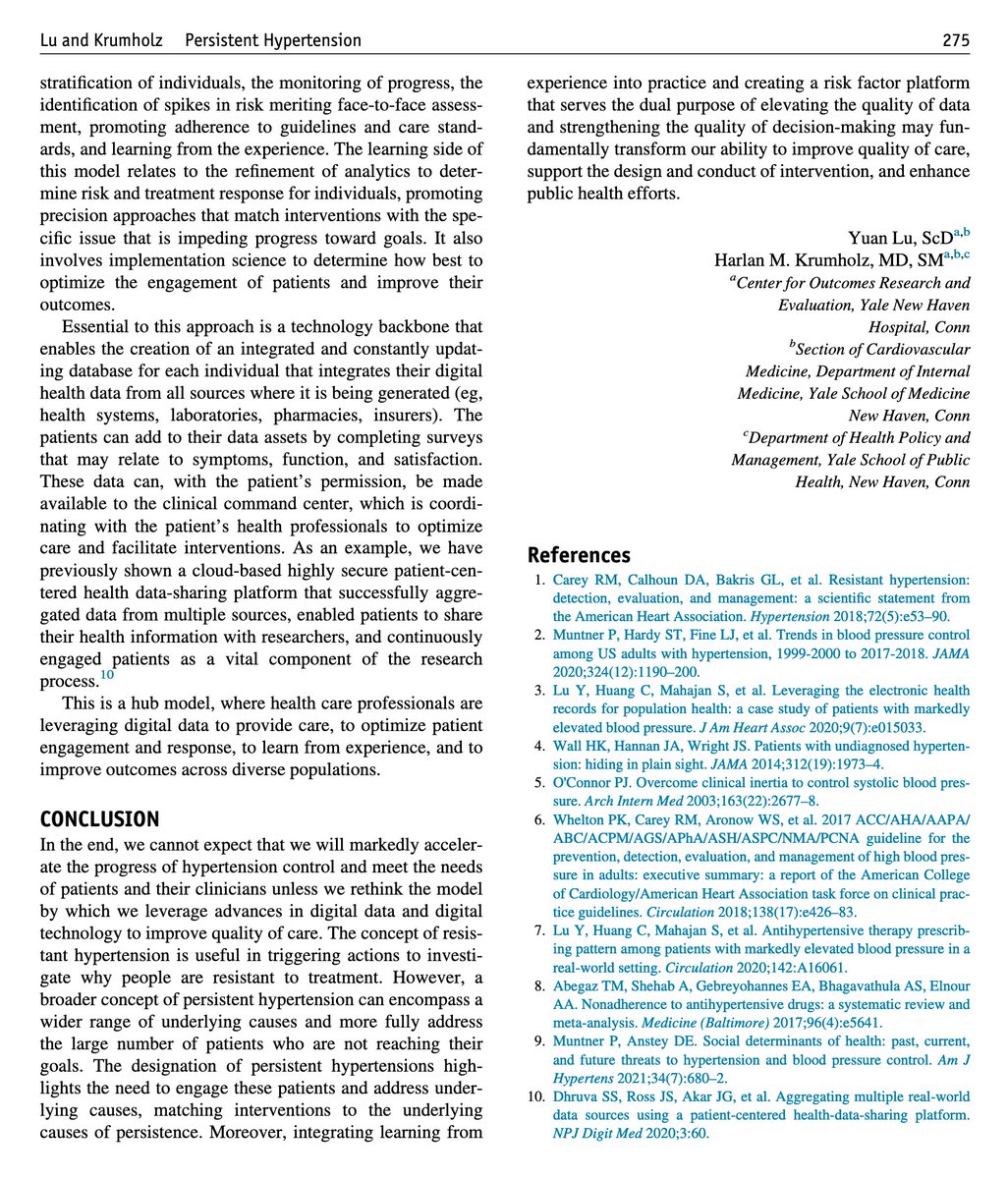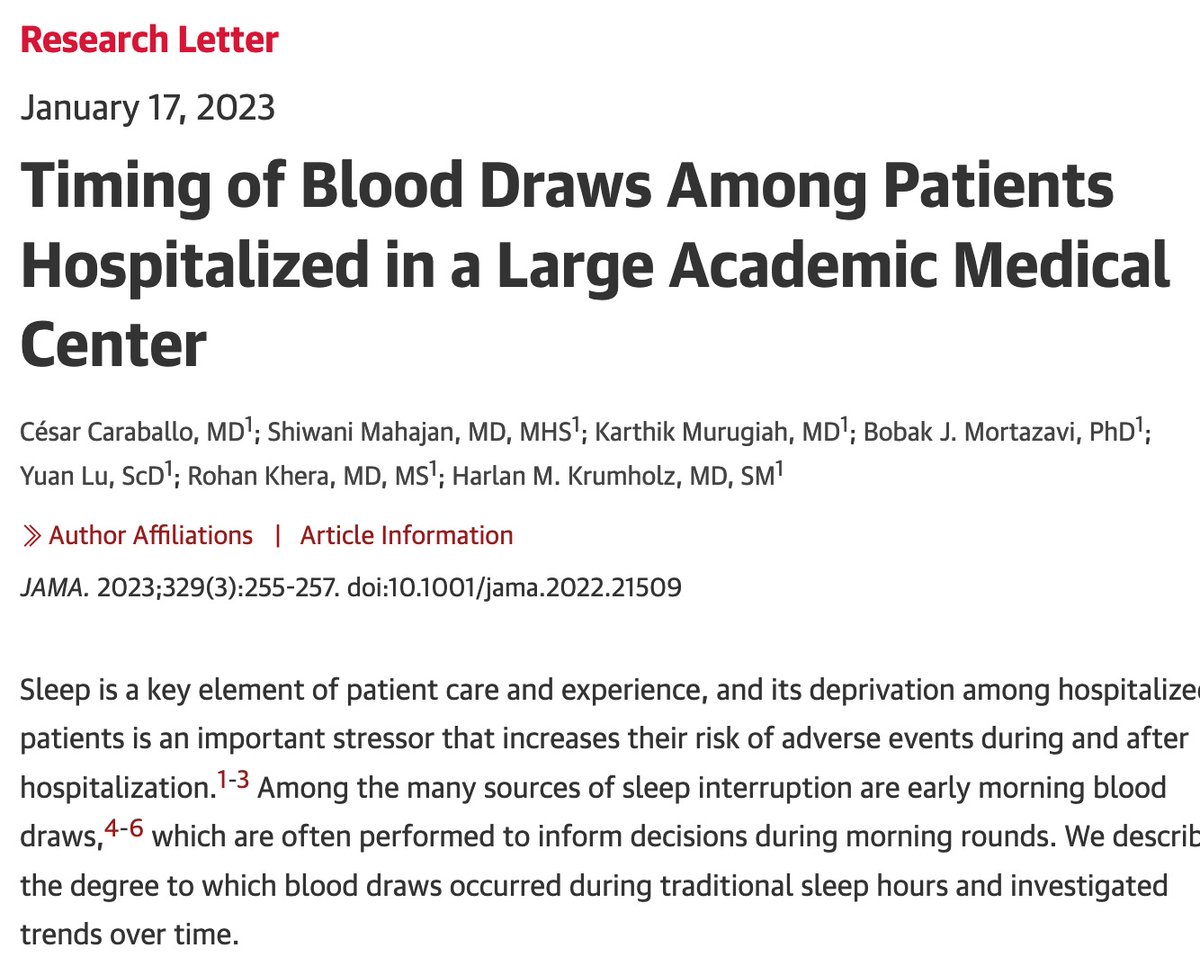What amazed me this week was health systems parroting Epic talking points in letter to @SecAzar, esp pleading for @HHSGov to protect #EHR developer innovation by slowing patient access to their own data. Wowzer! Want to see who signed? #StockholmSyndrome 



@SecAzar @HHSGov Here was my view of this whole thing with Epic and the health systems: 'An ‘Epic’ pushback as U.S. prepares for new era of empowering patient health data’ statnews.com/2020/01/27/epi… @statnews
@SecAzar @HHSGov @statnews "Epic’s position is akin to banking leaders trying to limit your access to your own financial data or restrict your freedom to transfer your funds and saying they are doing it for your own good.” And now they have gaggle of health systems on supporting pushback on patient access.
@SecAzar @HHSGov @statnews Also, health systems say: 'Health information about family members should not be used/disclosed by non-HIPAA regulated orgs w/o family members’ knowledge and permission.’ Meanwhile can they commit to stop sending out patient data into commercial companies w/o patient permission?
@SecAzar @HHSGov @statnews And we all agree that consumers need to know what is being done w/their data…and that applies to apps and health systems and commercial entities. But let’s not curtail or slow their right to access their digital data because it threatens current economic models. #digitalhealth
@SecAzar @HHSGov @statnews And yes, for disclosure, I started a company that created a platform to enable people to acquire their own data and leverage it as they wish. Permission-based. It’s theirs. All of it. EHR, wearables, pharmacy, etc. We are just providing the way to make that happen. @hugohealth
• • •
Missing some Tweet in this thread? You can try to
force a refresh
















